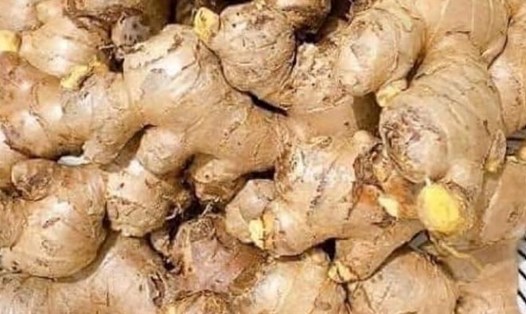A study published in the Journal of Agricultural and Food Chemistry shows that in addition to caffeine, coffee also contains many polyphenol compounds, especially chlorogenic acid, an antioxidant that can improve blood vessel function, reduce oxidative stress and thereby support lowering blood pressure.
Dr. Giuseppe Grosso, a nutritional epidemiologist at the University of Catania (Italy), commented that people who drink coffee in moderation, about 2-3 cups a day, often have a lower risk of high blood pressure than those who do not drink it.
This mechanism is related to the antioxidant and anti-inflammatory effects of coffee.
To drink coffee as a "natural secret" to lower blood pressure, first of all, choose the right type of coffee.
Black coffee, with little or no added sugar and condensed milk, is better than coffee mixed with a lot of sugar, cream or syrup. Sugar and saturated fat can increase the risk of obesity and diabetes, which are risk factors for high blood pressure.
Second, take in moderation. Experts from the American Heart Association recommend that the safe caffeine intake for most adults is about 300-400 mg per day, equivalent to 2-3 cups of coffee.
Drinking too much can cause anxiety, insomnia, rapid heartbeat, factors that cause temporary increases in blood pressure.
Third, choose a reasonable time. Coffee should be drunk in the morning or early afternoon. Avoid drinking too late in the evening to avoid affecting sleep, as lack of sleep is also a cause of high blood pressure.
Combining coffee with a healthy lifestyle is an important key. People who drink coffee and maintain the habit of eating a lot of green vegetables, exercising regularly and getting enough sleep have much more stable blood pressure than those who only rely on coffee.
Interestingly, decaf coffee (decafeinated) still retains many antioxidant compounds. This can be an option for those who are sensitive to caffeine but still want to take advantage of the cardiovascular benefits of coffee.
However, it should be noted that each person reacts differently to coffee. Some people may experience temporary high blood pressure immediately after taking it.
If you are sensitive to caffeine, start with small amounts and monitor your blood pressure regularly. Personal adjustment is necessary to ensure safety.










